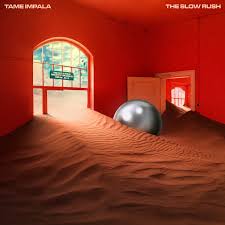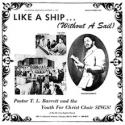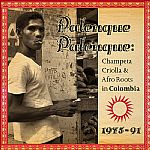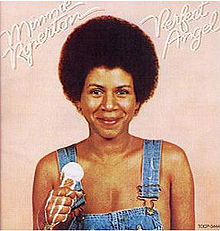VA - Califia: The Songs Of Lee Hazlewood
 Tuesday, September 14, 2010 at 04:30PM
Tuesday, September 14, 2010 at 04:30PM 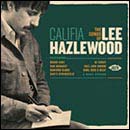 The late great Lee Hazlewood was one hell of an ornery contrarian. And, bless his soul, he also happened to be one multi-talented musical tour-de-force: eccentric singer, songwriter, record label owner, and producer. We’ve seen several sterling Hazlewood reissues crop up over the years, but Califia is a compilation with a twist, amassing twenty-five tantalizing tracks he wrote and produced for himself and others between 1956 and ’70.
The late great Lee Hazlewood was one hell of an ornery contrarian. And, bless his soul, he also happened to be one multi-talented musical tour-de-force: eccentric singer, songwriter, record label owner, and producer. We’ve seen several sterling Hazlewood reissues crop up over the years, but Califia is a compilation with a twist, amassing twenty-five tantalizing tracks he wrote and produced for himself and others between 1956 and ’70.
And those “others” in question? Irrefutable talents like Duane Eddy (whose twangy instrumental hits initially made Hazelwood a record producer to be reckoned with), legendary session guitarist Al Casey, drummer extraordinaire Hal Blaine, blue-eyed soul belter Dusty Springfield, cinematic sex symbol Ann-Margret, and, of course, Nancy Sinatra, who hit the big-time when Hazlewood recommended that she ‘sing like a gal who goes out with 45-year old truckers’ on her immortal 1966 smash, “These Boots Are Made For Walkin’”.
Califia, the latest volume in Ace Records’ unbeatable songwriters and producers series, provides a fascinating sonic portrait of the early years of Hazlewood’s career. Bouncing back and forth chronologically, the disc’s many treasures include Sanford Clark’s bluesy 1956 rockabilly hit, “The Fool”, rhythm ‘n’ blues vocal group The Sharps’ raucous number, “Have Love, Will Travel”, Suzi Jane Hokom’s irresistibly infectious go-go groover, “Need All the Help I Can Get”, Dusty Springfield’s swingin’ “Sweet Ride”, and Lee’s own vocal turn on the creepy oddity, “The Girl on Death Row”, originally written for an obscure film.
In fact, by the late Sixties, Hazlewood had acquired quite a knack for giving his songs a dramatic and panoramic Technicolor big-screen feel. Listen to Ann-Margret’s “You Turned My Head Around” and its ferocious fuzz pedal-powered wall of sound (the teen-aged Phil Spector picked up many a production tip from Hazlewood, by the way), Duane and Miriam Eddy’s twang-a-delic “Guitar on My Mind”, and the album’s smokin’ title track, an undeservedly obscure 1969 duet between Lee and his then-girlfriend, Suzi Jane Hokum, that has all the epic qualities of the hits on which he and Nancy Sinatra shared vocal duties.
Rockabilly, r‘n’b, country, novelty tunes, garage, stripped-down instrumentals, and orchestrated pop productions: Hazlewood wrote, recorded, and sang (with his inimitable baritone) ‘em all. Nearly everything he touched was imbued with his dry self-deprecating wit, and even if you already have one or more of his solo albums, Califia’s worth getting for the way it sums up his genius. Yes, genius, a word I generally don’t toss around very lightly, but one that pretty much describes up good ol’ ornery Lee to a “t”.

